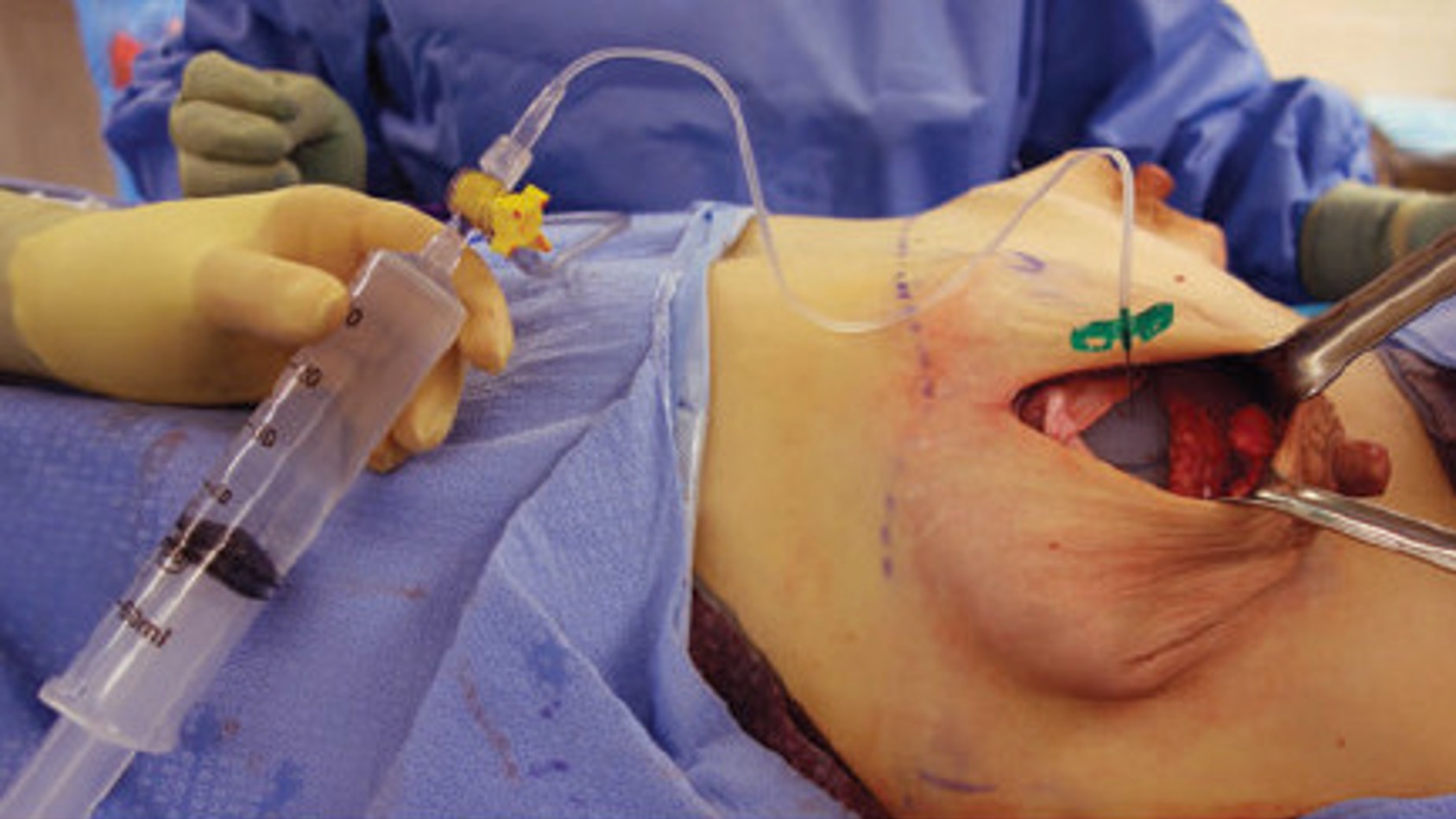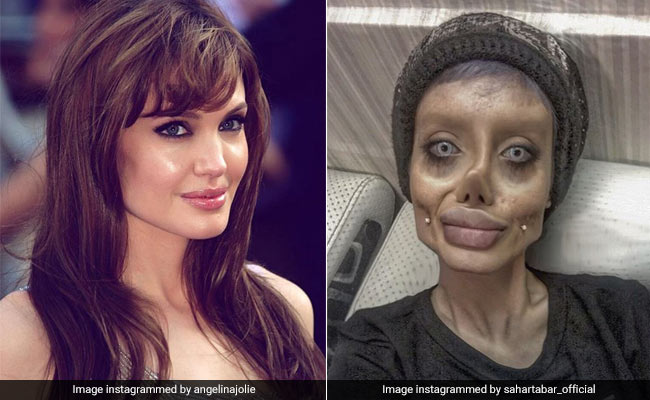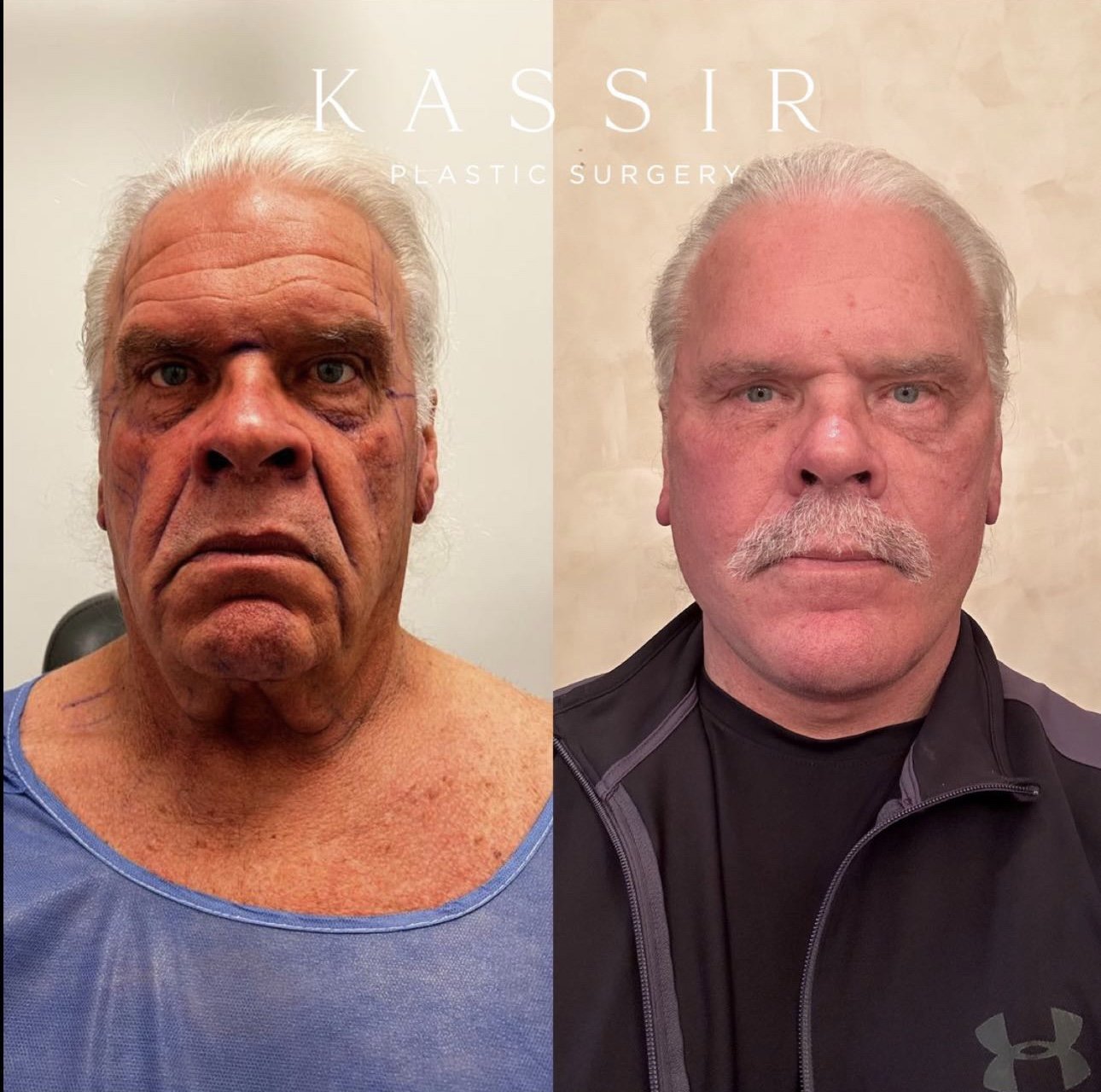Checking Out the Psychological and Social Aspects That Drive Individuals to Consider Plastic Surgery as a way of Improvement
The decision to seek cosmetic surgical treatment often expands beyond plain looks, intertwining with emotional and social characteristics that warrant extensive examination. Aspects such as self-esteem, prevalent societal beauty criteria, and the pervasive impact of social media merge to shape private motivations for surgical enhancement. As these influences become progressively famous, comprehending the underlying social and psychological contexts is important. What stays to be checked out is the extensive influence these variables have not just on personal identity yet additionally on broader societal norms and worths surrounding appeal and approval.
The Role of Self-confidence
Self-esteem substantially affects a person's choice to seek cosmetic surgical procedure. People with low self-worth usually view themselves in a negative light, bring about feelings of insufficiency regarding their physical look. This unfavorable self-perception can drive them to seek medical interventions as a method of boosting their self-image. The wish for renovation in one's look is often linked to an idea that such adjustments will elevate their overall self-worth and confidence.

Ultimately, the duty of self-worth in the decision-making process concerning plastic surgery highlights the intricate interaction in between body photo, individual fulfillment, and mental wellness. Recognizing this partnership is important for healthcare professionals to guarantee that patients are making informed choices rooted in sensible expectations and psychological well-being.
Social Beauty Requirements
Influenced by pervasive media representations and cultural stories, societal elegance requirements play a critical function in forming individuals' perceptions of their very own bodies. These requirements are commonly characterized by an idealized kind of appeal that emphasizes qualities such as proportion, youthful vigor, and slimness. As these suitables are bolstered with numerous channels, including marketing, movie, and tv, individuals frequently internalize these messages, leading to dissatisfaction with their natural appearance.
The effects of these social standards expand past visual choices; they can impact self-worth, psychological wellness, and social partnerships. People who view themselves as dropping short of these requirements may experience sensations of inadequacy, motivating a wish for cosmetic surgery as a way of accomplishing societal approval. This search is often fueled by the idea that adjusting to these perfects will certainly improve not only physical appearance but likewise social standing and individual gratification.

Influence of Social Media
The impact of social beauty requirements is more enhanced by the increase of social media platforms, where curated photos and idyllic depictions of elegance are ubiquitous. Individuals are continuously exposed to filteringed system and edited pictures, which typically show unattainable physical attributes. This exposure grows a society of contrast, leading people to analyze their own appearance against these typically impractical standards.
Social media influencers and celebrities regularly advertise cosmetic treatments, stabilizing the idea that surgical improvements are a sensible means for attaining social perfects (plastic surgery rancho cucamonga). The exposure of these enhancements can produce an understanding that going through plastic surgery is a conventional method, thus influencing individuals to consider comparable treatments as a path to boosted self-confidence and social approval
Additionally, the interactive nature of social media sites permits prompt responses through sort and comments, better strengthening the desire to conform to popular elegance criteria. Such communications can worsen feelings of inadequacy and drive individuals toward cosmetic surgical procedure as a means of gaining recognition. Ultimately, social media plays an essential role in forming assumptions of elegance, which substantially affects the decision-making processes surrounding cosmetic surgical treatment.

Social Point Of Views on Appearance
Throughout numerous societies, assumptions of appearance are deeply rooted in historical, social, and financial contexts, forming people' views on elegance and value. In several societies, look works as a significant marker of identification, influencing social status, specialist opportunities, and personal partnerships. For instance, in some cultures, light skin is usually connected with riches and opportunity, while others might idealize darker skin tones as signs of stamina and credibility.
Additionally, traditional appeal requirements are commonly bolstered via cultural narratives, media representations, and family influences, causing differing ideals across various areas (plastic surgery rancho cucamonga). In Western societies, the focus on youth and fitness usually drives people towards aesthetic improvement, while in specific Eastern cultures, more subtle modifications lined up with typical looks might be liked
Globalization and the proliferation of digital media have better made More Info complex these characteristics, producing a hybridization of charm suitables that transcends geographical borders. As people significantly browse these cultural narratives, the stress to satisfy details look standards can lead to the desire for plastic surgery, reflecting a complex interplay of personal goals and cultural values. Recognizing these cultural point of views is necessary in dealing with the motivations behind plastic surgery factors to consider.
Psychological Influences of Aesthetic Surgery
Lots of people looking for cosmetic surgery report experiencing profound mental effects that can dramatically alter their self-perception and emotional well-being - plastic surgery rancho cucamonga. The desire for physical enhancement commonly originates from underlying concerns such as reduced self-worth, body dysmorphic disorder, or societal pressures pertaining to charm standards. For some, the prompt post-operative phase can bring about a short-lived boost view publisher site in confidence and satisfaction with their appearance, cultivating a feeling of empowerment
However, these positive feelings may not be withstanding. Research study suggests that while some clients experience improved self-esteem, others might deal with elevated stress and anxiety or anxiety if their expectations are not met. This disparity can develop from unrealistic ideals bolstered by media depiction and cultural narratives bordering elegance.
Furthermore, the psychological ramifications of cosmetic surgical treatment prolong past the individual. Relationships with friends and family might be stressed as social characteristics change, bring about sensations of seclusion or alienation. Eventually, the mental influences of plastic surgery are complex and diverse, calling for careful consideration by both potential people and healthcare service providers to ensure informed decision-making and realistic assumptions.
Conclusion
Finally, the decision to pursue plastic surgery is dramatically influenced by a mix of self-esteem problems, social charm Discover More criteria, and cultural perspectives on look. The prevalent reach of social networks further worsens these stress, advertising impractical ideals that people frequently make every effort to obtain. Understanding these mental and social factors is necessary for addressing the motivations behind plastic surgery, highlighting the demand for an extra nuanced discussion surrounding appeal and self-acceptance in modern society.
The choice to seek cosmetic surgery commonly expands beyond simple aesthetic appeals, linking with mental and social characteristics that merit detailed evaluation. Inevitably, social media plays a critical function in shaping understandings of beauty, which dramatically influences the decision-making processes surrounding cosmetic surgical treatment.
As individuals increasingly navigate these social stories, the pressure to adhere to certain look requirements can lead to the wish for cosmetic surgical treatment, mirroring an intricate interplay of cultural values and individual desires.In conclusion, the decision to pursue cosmetic surgical procedure is substantially affected by a combination of self-worth problems, social beauty standards, and cultural viewpoints on appearance. Recognizing these social and psychological aspects is necessary for attending to the inspirations behind cosmetic surgery, highlighting the requirement for a much more nuanced conversation surrounding charm and self-acceptance in contemporary culture.